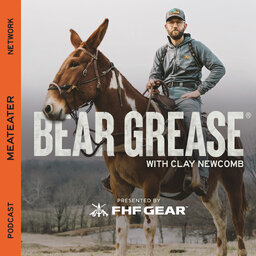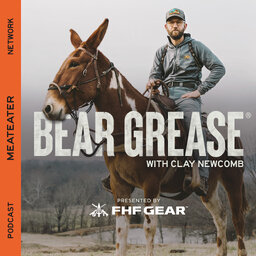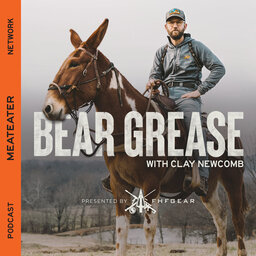Ep. 90: Tecumseh - We Shall Remain (Part 2)
This is the second episode in our Tecumseh series were we’ll look at his life from 1775 through 1812. Originally, I planned to title this one, “Uncommon Genius” which is what US President William Henry Harrison called the Shawnee. I decided, however, to use a declarative statement made by “the panther crossing the sky” himself. In response to intolerable encroachment, while many of his own tribe were leaving and heading West, Tecumseh said, “we shall remain.” We’re going to learn the details of Tecumseh’s involvement in the War of 1812, but most interesting to me, we’ll explore the worldview differences of the Indians and Europeans and how it was destined to fail, and we’ll see that change is the only constant and predictable thing on planet earth. I wish I had good news for you, but the waters continue to be murky, but this time with blood. I really doubt you’re gunna want to miss this one…
Connect with Clay and MeatEater
Clay on Instagram
MeatEater on Instagram, Facebook, Twitter, and Youtube
Shop Bear Grease Merch
In 1 playlist(s)
Bear Grease
Home to the Bear Grease podcast and Bear Grease Render show with Clay Newcomb, and This Country Life…Social links
Follow podcast
Recent clips

Ep. 410: Ty Evans - Transformative Mulemanship and Free Agency
51:16

Ep. 408: Render - Real Talk About Men's Health
1:21:04

Ep. 405: Revisiting Jerry Clower
1:04:38
 Bear Grease
Bear Grease